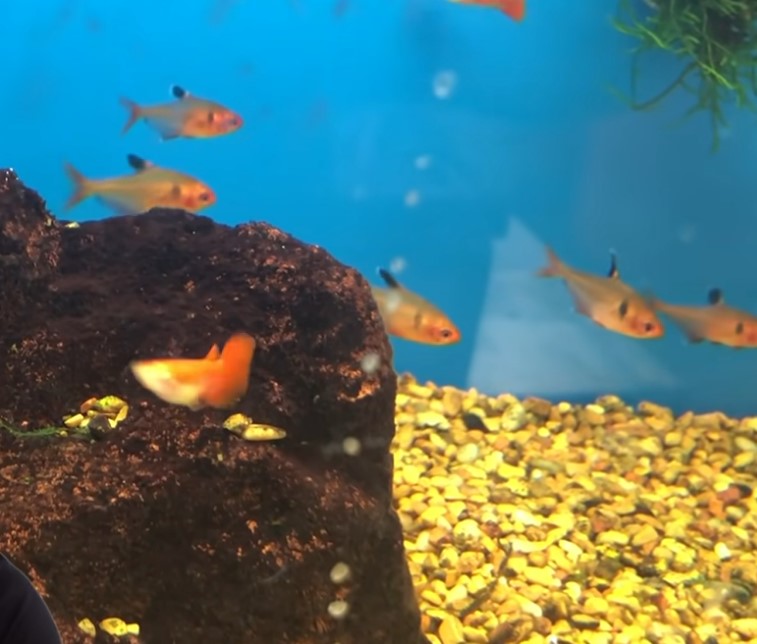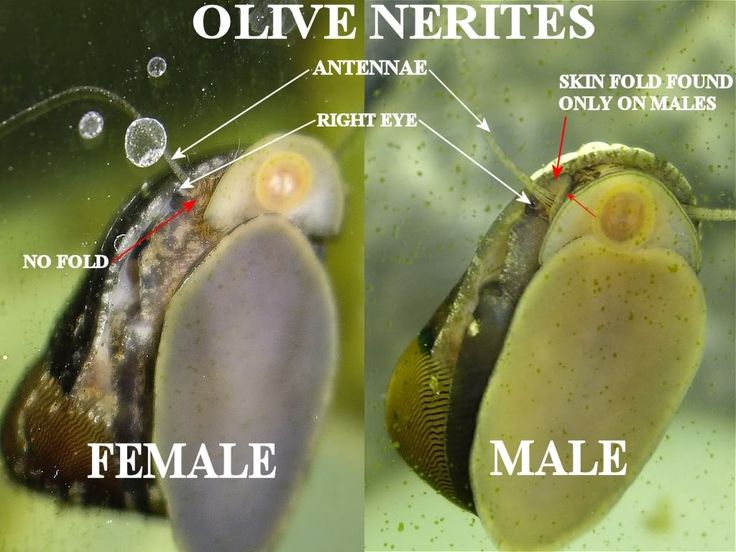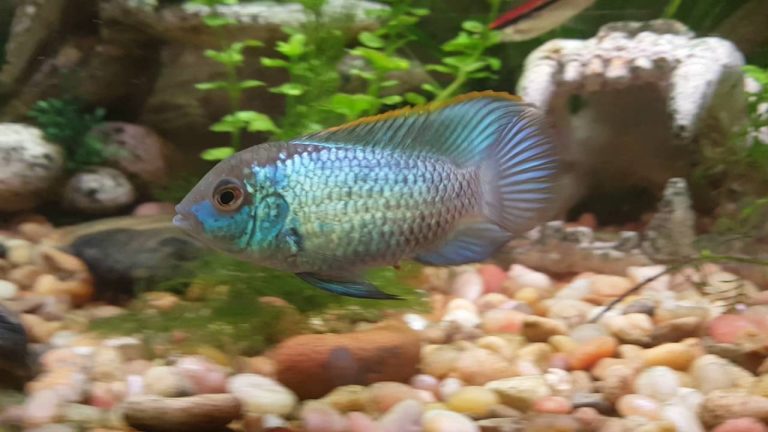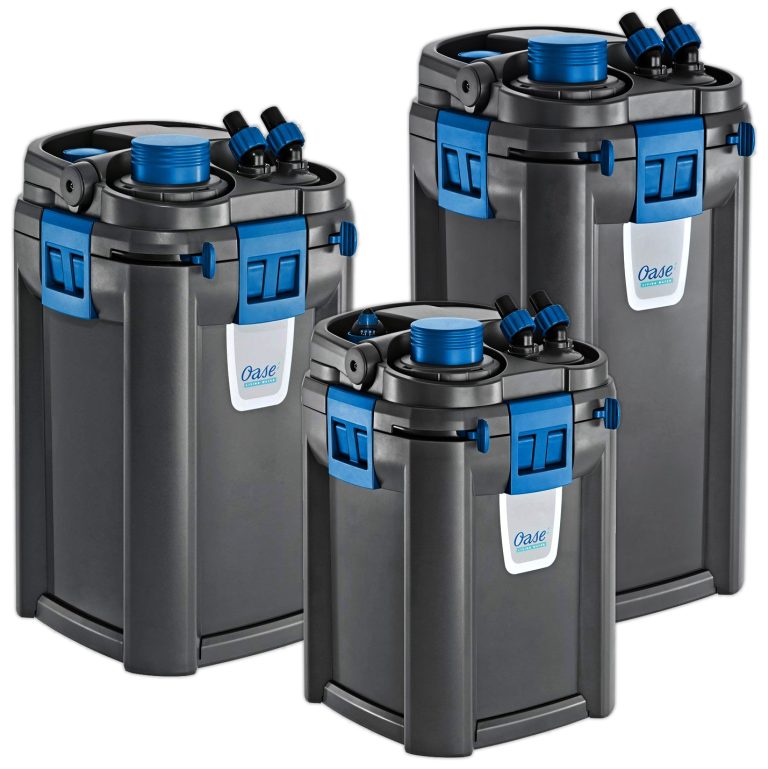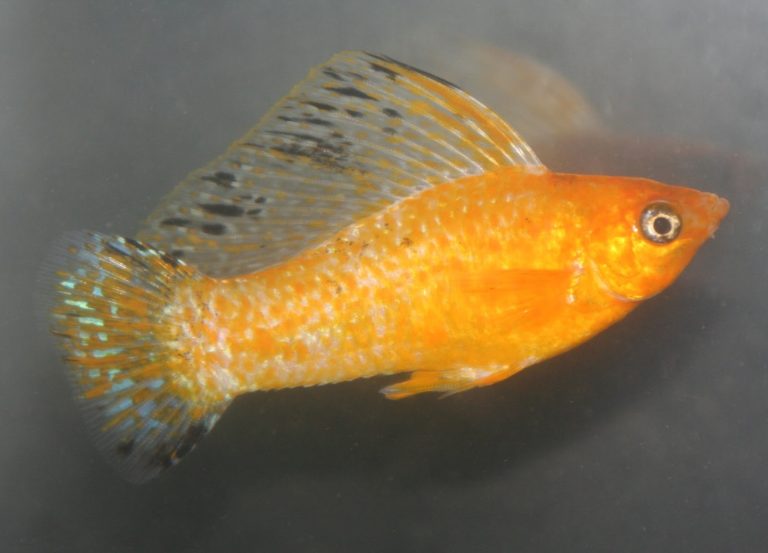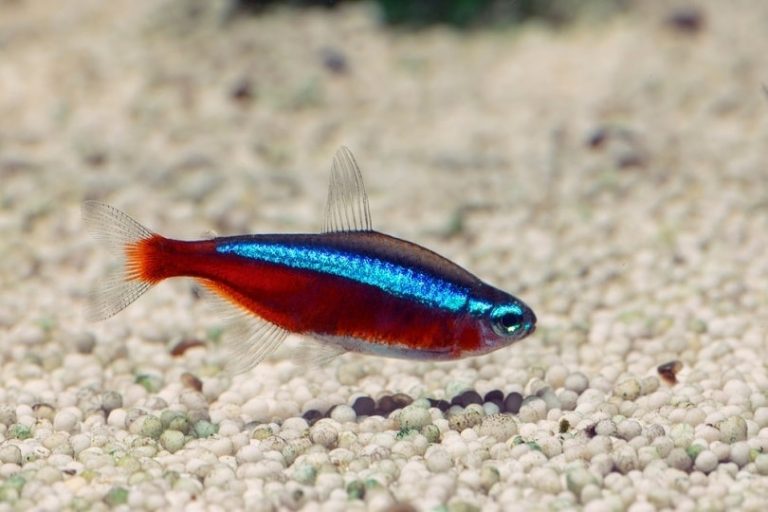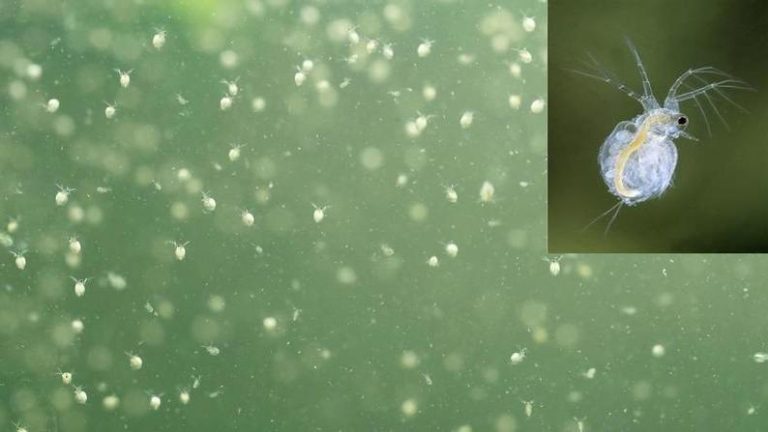Guppy Fish Care
Guppy Fish Care: Everything You Need to Know to Keep Your Guppies Happy and Healthy
If you’re looking for a colorful and easy-to-care-for fish, guppies are a great choice. With their vibrant colors and playful personalities, guppies have become a popular choice for beginner and experienced fishkeepers alike. But, like any pet, guppies require proper care to stay healthy and thrive in their environment.
In this article, we will explore the world of guppy fish care. We will cover everything from setting up their tank to feeding and breeding. By the end, you will have all the knowledge you need to provide the best care for your guppies.
Setting Up the Perfect Guppy Tank
When it comes to setting up a tank for your guppies, there are a few key elements to consider. Let’s dive into each one:
Tank Size:
Guppies are small fish, but they still need plenty of swimming space. A good rule of thumb is to provide at least one gallon of water per inch of fish. For a small group of guppies, a 10-gallon tank is usually sufficient.
Filtration:
Guppies are sensitive to poor water quality, so investing in a good filtration system is crucial. Look for a filter that can handle the size of your tank and has both mechanical and biological filtration capabilities.
Heating and Lighting:
Guppies are tropical fish and require a consistent water temperature of around 78-82°F (25-28°C). Invest in a reliable aquarium heater to maintain the ideal temperature. Additionally, provide adequate lighting with a timer to mimic their natural day and night cycle.
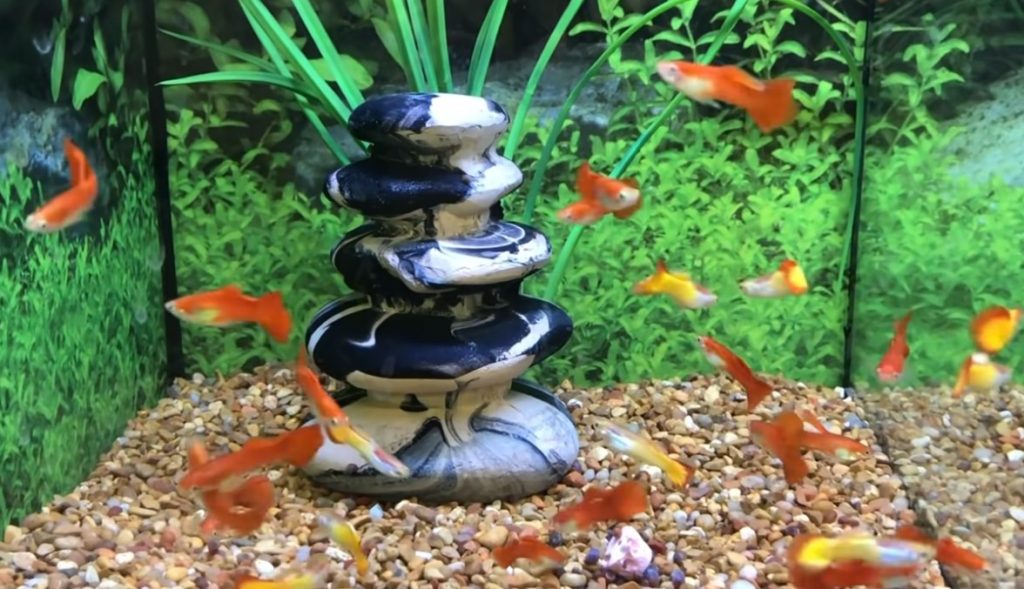
Substrate and Decorations:
Guppies appreciate a well-planted tank with plenty of hiding spots. Choose a substrate that is easy to clean and supports live plants. Additionally, add some driftwood or rocks to create caves and hiding places for your guppies.
Guppies prefer slightly alkaline water with a pH between 7.0 and 7.8. Use a water testing kit to monitor the parameters regularly. Perform weekly water changes of about 25% to keep the water clean and stable.
Feeding Your Guppies
A balanced diet is essential for the health and well-being of your guppies. Here are some key points to remember when it comes to feeding:
Quality Fish Food:
Choose high-quality flake or pellet food specifically formulated for tropical fish. Look for options that contain a mix of protein, fats, and vitamins to meet their nutritional needs.
Variety is Key:
While flakes or pellets should form the basis of their diet, it’s important to offer a variety of foods. Supplement their diet with freeze-dried or frozen options such as bloodworms, brine shrimp, and daphnia to provide additional nutrients and prevent boredom.
Feed in Moderation:
Overfeeding can lead to health issues and poor water quality. Offer small amounts of food 2-3 times a day and only give them what they can consume within a few minutes.
Water Temperature and Feeding:
Guppies have faster metabolisms in warmer water, so they may require more frequent feedings. Adjust their feeding schedule accordingly based on the temperature of the tank.
Breeding Guppies
Guppies are known for their prolific breeding habits. If you’re interested in breeding your guppies, there are a few things to consider:
Separate Breeding Tank:
To protect the fry (baby guppies) from being eaten by other fish, it’s best to set up a separate breeding tank. This tank should be heavily planted with plenty of hiding spots for the fry.
Introducing Breeding Pairs:
Choose healthy and mature fish for breeding. Introduce one male to two or three females to increase the chances of successful mating.
Providing Optimal Conditions:
Maintain optimal water conditions in the breeding tank. Warm water, sufficient hiding spots, and regular feeding will increase the chances of successful breeding.
Raising Fry:
Once the female gives birth, remove her from the breeding tank to prevent her from eating the fry. Feed the fry with specialized powdered or liquid fry food several times a day. Gradually introduce crushed flake food as they grow.
Frequently Asked Questions
Q: How long do guppies live?
On average, guppies live for 1 to 3 years. However, with proper care and a healthy environment, they can live up to 5 years or more.
Q: Can guppies live with other fish?
Yes, guppies are generally peaceful and social fish that can coexist with a variety of other community fish. However, avoid keeping them with aggressive or larger species that may prey on them.
Q: How many guppies can I keep in a 10-gallon tank?
In a 10-gallon tank, you can keep a small group of 4-6 guppies. Remember to provide adequate filtration and perform regular water changes to maintain water quality.
Final Thoughts
Guppies are a delightful addition to any aquarium. Their vibrant colors and playful nature bring life and beauty to your tank. By following the guidelines discussed in this article, you can ensure that your guppies live a happy and healthy life. Remember to provide a suitable tank setup, a balanced diet, and proper breeding conditions. With the right care, your guppies will thrive and become a source of joy for years to come.
